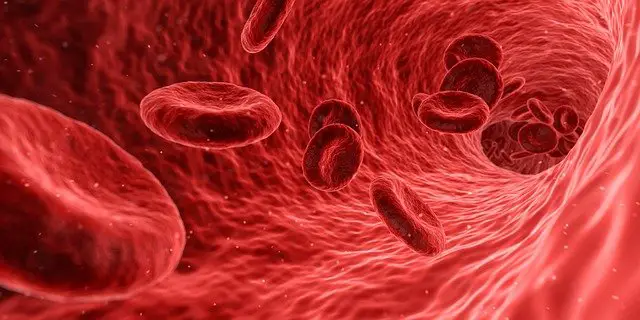
The hypothesis is a central concept in the world of scientific research. It is an assumption, an educated guess that is made before undertaking a study or experiment.
This scientific concept plays a fundamental role in science, guiding research, providing direction, and allowing scientists to test their ideas.
Hypothesis definition
A hypothesis is a tentative statement that suggests a relationship between two or more variables. In other words, it is an educated guess that is used as a starting point for research.
This statement may be supported by existing literature or previous observations, but is not taken as fact. Instead, it is subjected to testing and critical evaluation to determine its validity.
In general, a hypothesis consists of two main parts:
-
Declaration of the relationship between variables: This involves specifying how one variable is believed to affect another. For example, "Exposure to sunlight decreases the concentration of melanin in the skin."
-
Prediction of the expected outcome: The hypothesis must also include a prediction about the outcome that is expected if the specified relationship is true. Following the previous example, "If exposure to sunlight decreases the concentration of melanin in the skin, then people who spend more time in the sun will have lighter skin."
Importance in scientific research
 The importance of the hypothesis in scientific research is undeniable.
The importance of the hypothesis in scientific research is undeniable.
First, it serves as the beacon that guides the research process, providing clear direction and purpose to scientists. By defining the relationship between variables and predicting expected outcomes, the hypothesis acts as a framework that allows researchers to focus on collecting relevant data and designing appropriate experiments. This orientation saves valuable resources and time by avoiding blind scanning.
In addition, it encourages a critical spirit and rigor in science. When subjected to testing and analysis, a hypothesis can be supported or refuted, leading to a deeper understanding of the phenomenon studied.
Successful hypotheses open the door to new research and discoveries, while refuted hypotheses can lead to the reformulation of questions and the generation of new conjectures.
Types of hypotheses
There are several types of hypotheses in scientific research, and their choice depends on the type of study being carried out. Some of the most common types include:
-
Null hypothesis (H0): establishes that there is no significant relationship between the variables studied. Scientists try to disprove the null hypothesis during research.
-
Alternative hypothesis (H1 or Ha): states that there is a significant relationship between the variables. It is the opposite of the null hypothesis and is the one that scientists hope to support with their data.
-
Descriptive hypothesis: used to describe a phenomenon or relationship without making specific statements about the direction of the relationship. For example, "There is a relationship between caffeine consumption and blood pressure."
-
Causal hypotheses: suggest that one variable directly affects another. For example, "Lack of exercise increases the risk of obesity."
-
Correlational hypotheses: are used to explore the relationship between two variables without stating that one causes the other. For example, "There is a positive correlation between the consumption of high-fat foods and high cholesterol."
Step by step formulation
Formulating an effective hypothesis is a key process in scientific research. Here are some steps to follow to create a solid hypothesis:
-
Identify the problem or research question: Start by clearly defining the problem or question you want to address in your study. What do you want to investigate?
-
Literature Review: Research existing literature to understand what has been previously studied on the topic. This will help you build a solid foundation for your hypothesis.
-
Define the variables: Identify the independent variables (those you will manipulate or study) and the dependent variables (those you will measure or analyze).
-
Specify the relationship and prediction: Formulate the relationship between the variables and make a prediction about the expected outcome, as mentioned above.
-
Be specific and clear: Make sure your hypothesis is clear, specific, and falsifiable. It should be precise enough that you can prove or disprove it using empirical evidence.
-
Experiment or study design: Design an experiment or study that allows you to test your hypothesis. Define how you will collect data and what methods you will use.
Practical example
 Suppose we are interested in investigating whether regular consumption of fresh fruits and vegetables has a positive effect on cardiovascular health. We could formulate the hypothesis as follows:
Suppose we are interested in investigating whether regular consumption of fresh fruits and vegetables has a positive effect on cardiovascular health. We could formulate the hypothesis as follows:
First, we establish the null hypothesis (H0): There is no significant difference in cardiovascular health between people who consume fresh fruits and vegetables and those who do not.
Next we perform the alternative hypothesis (Ha): People who consume fresh fruits and vegetables regularly have better cardiovascular health than those who do not.